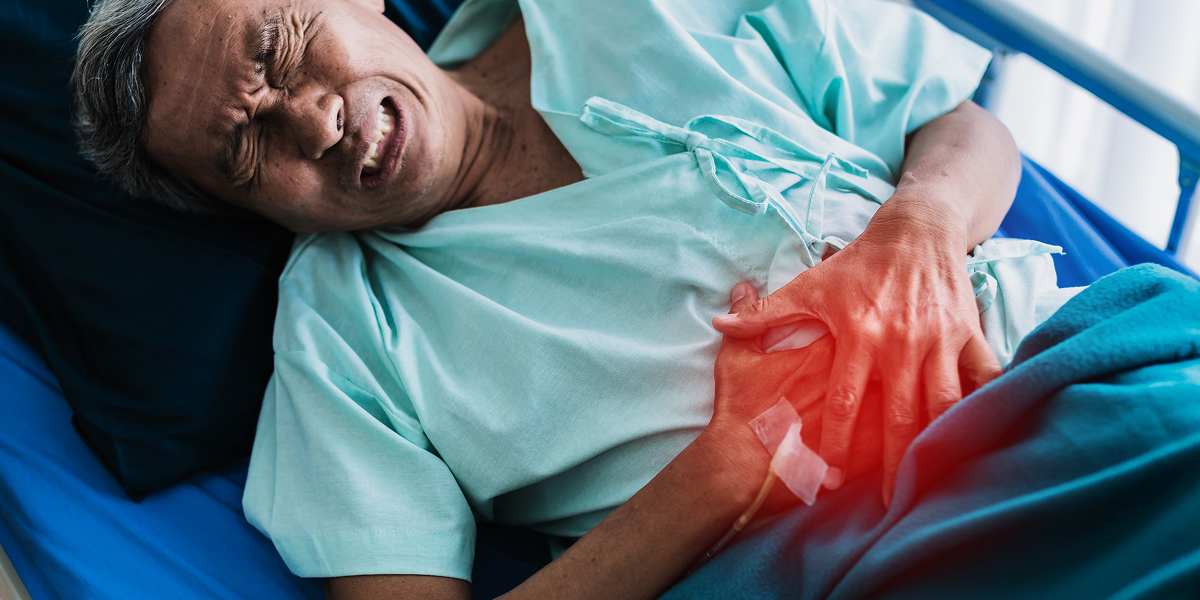Stomach Cancer or Gastric Cancer is cancer involving the part of gut where digestion
commences.
The stomach stores food for a while when acid and enzymes start the digestion process. Most
of the
patients with stomach cancer present late in diagnosis since the symptoms are not compelling
enough early in the disease for patient to seek doctors advise.
Early symptoms of the disease include
- bloating or stomach fullness,
- indigestion,
- dyspepsia or heart burn,
- early satiety,
- nausea
These symptoms are often addressed as non-specific and patients continue to take Anta-acids
or
PPIs like Pantocid for long duration after consultation with their family/general physician.
Other
symptoms which include vomiting, loss of appetite/loss of weight which compels patients for
evaluation.
The symptoms which call for urgent attention in these patients are usually:
- Progressive Weakness β This occurs if the patient continues to bleed from the
ulcer/tumour
in stomach and eventually his/her haemoglobin falls appreciably enough to produce
symptoms of lethargy, weakness, low energy.
- Passage of black stools- Patients can miss noticing passage of blackish stools.
However, the
passage of black stools points towards bleeding from the foregut and is one of the
common
symptoms of gastric cancer.
- Anaemia- Patients of stomach cancer eventually develop anaemia due to progressive loss
of
blood over a period of time.
- Pain in upper abdomen β This occurs late in gastric cancer and is usually a
manifestation of
advanced stomach cancer infiltrating into other organs
- Persistent vomiting β Persistent vomiting occurs late in the disease when the tumour
has
blocked the food passage and not allowing food to pass distally. Food gets collected in
stomach and is partially digested giving rise to symptoms of regurgitation and then
vomiting,
along with bad breath.
- Abdominal distension due to accumulation of fluid in abdomen, also called as ascites β
this
suggests that either the disease has spread to
- Significant weight loss –
Diagnosis of Gastric Cancer requires:

- Upper Gastrointestinal Scopy / Endoscopy β This procedure is done either under sedation
or
in awake state by a gastroenterologist. A tube with camera at its end is inserted
through the
mouth which is then negotiated through the food pipe to the stomach and into the first
part
of small intestine. A thorough inspection of the alimentary tract is done and biopsy is
taken
from any suspicious area examined.
- Biopsy β The tissue obtained during Endoscopy is sent for This biopsy is then tested in
lab
where a confirmatory diagnosis of cancer can be made.
- PET CECT β A PET scan combined with CECT helps to find out if the cancer has spread to
different parts of the body or not. It also helps tells about the extent of stomach that
will be
needed to be removed to get rid of the tumour. The extent of nodes involved can also be
estimated with any distant organ involvement. The clinical staging can be done on the
basis
of PET CECT findings.
The delay in diagnosis of Gastric cancer occurs due to several reasons:
- Non-specific symptoms like bloating, abdominal fullness can occur in other conditions
like
gastritis or gall stone disease and are not sever enough to compel the patient to seek
attention in early stage.
- Unawareness regarding the symptoms which point towards gastric cancer/stomach cancer
- Not reaching the right Doctor β Most patients go through a number of other speciality
doctors before finally reaching an Oncologist/Cancer specialist. All these delay can
lead to
progression of disease and hence upstaging the disease in the course. Occasionally such
patient may be in a stage of disease when cure is not an option anymore.
- Denial in acceptance of a Diagnosis of Cancer β Cancer is grave disease, but with the
newer
modalities of management it is possible to get cured if diagnosed in time and treated
timely
at the right place.
- Looking for alternative treatment modalities which donβt have a scientific evidence for
treatment. These kind of treatment prescribed by alternative medicine practitioner
further
lengthen the agony of the patient by causing the disease to progress and hence the
patient
ends up in terminal stage of the disease.
If the patient is diagnosed at an early stage the treatment includes removal of part or whole
of
stomach (Sub-total/partial gastrectomy or Total gastrectomy) depending on the part of
stomach
involved along with removal of draining lymph nodes and joining of food pipe to the rest of
small
intestine. The surgery takes place under general anaesthesia and takes around 3-5 hours
depending
on type of surgery. Post-surgery patient is not allowed orally for 3-7 days depending the
type of
surgery. If only a part of stomach is removal (Distal/Subtotal Radical Gastrectomy) then
oral feeding
resumes by post-operative day 3 and usually by day 7 in case of Total Gastrectomy. IN case
of total
gastrectomy feeding procedure either Naso-Jejunal tube placement or a Feeding jejunostomy is
done to take care of nutritional need in the immediate post-operative period. We have
routinely
been performing these surgeries and have good long term results. Post recovery based on the
final
biopsy a stage is assigned and then need for adjuvant chemotherapy/ Chemo-radiation is
assessed.



